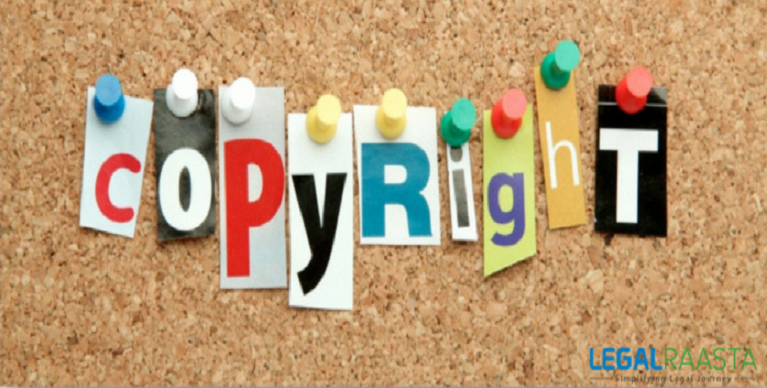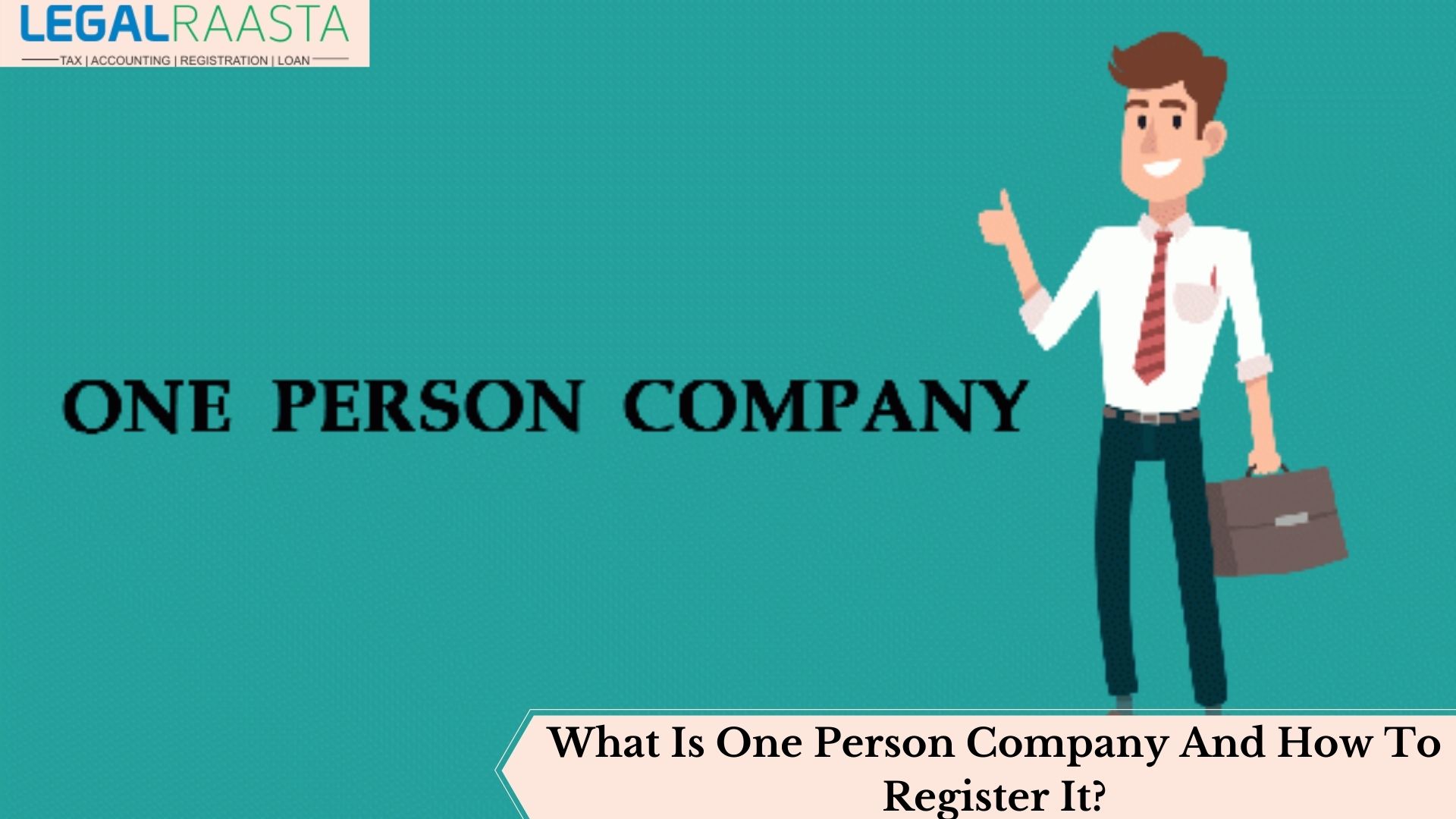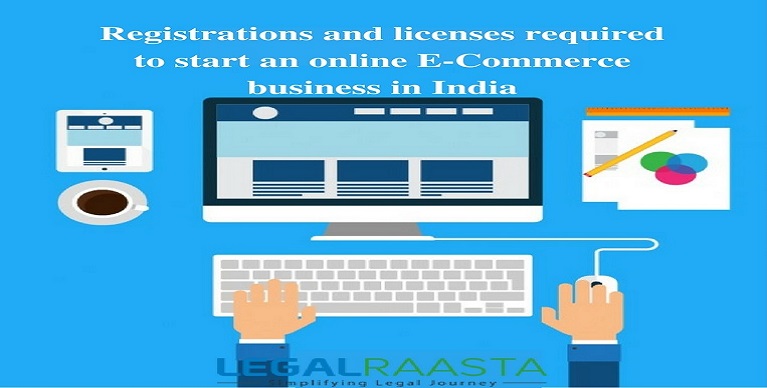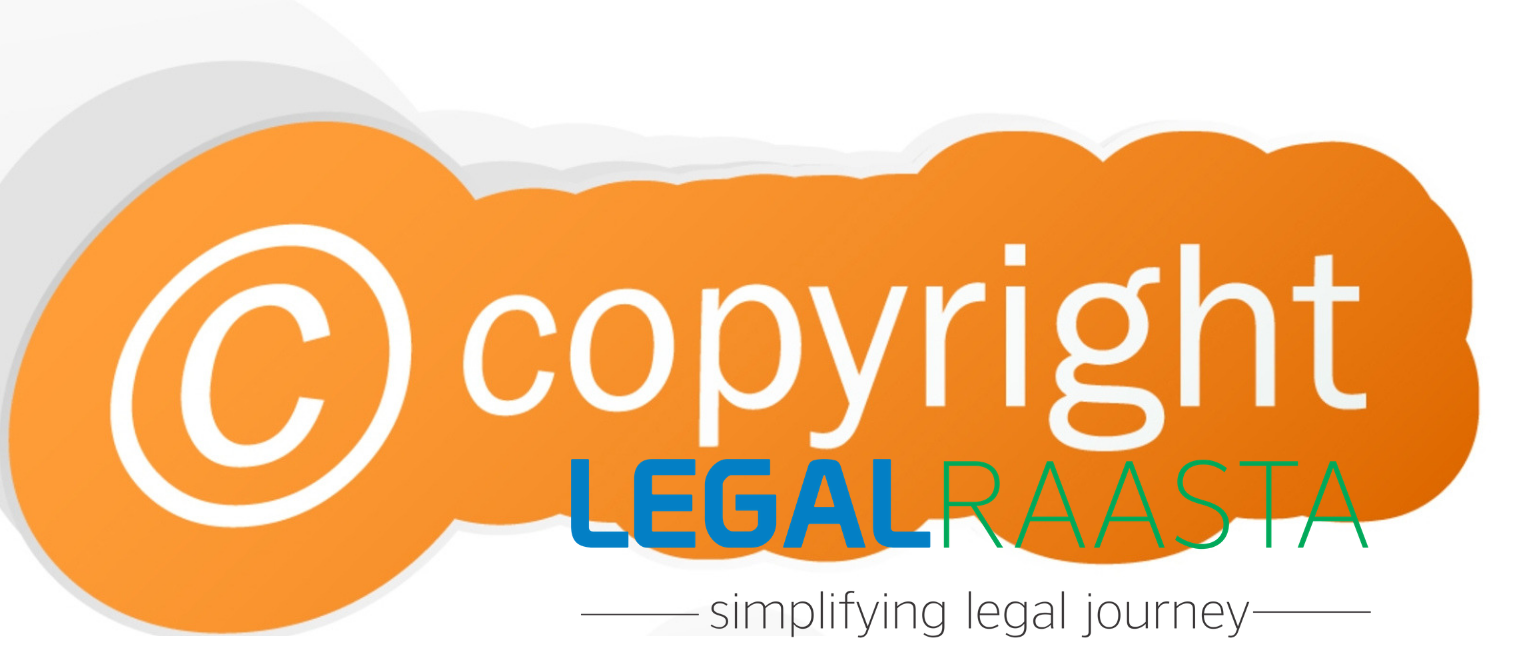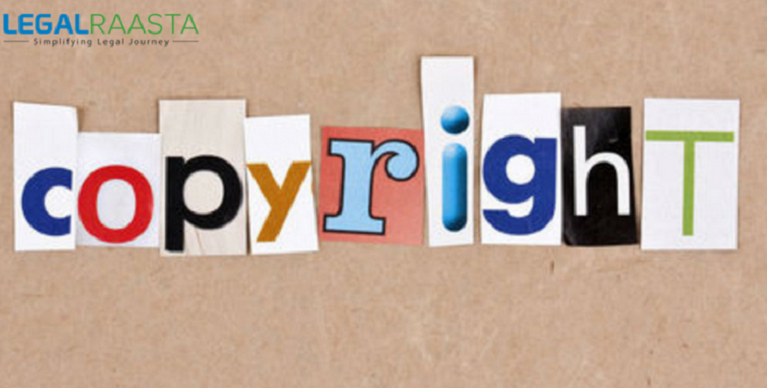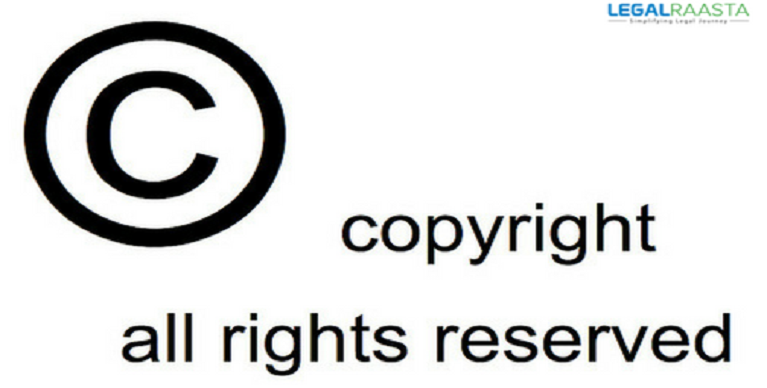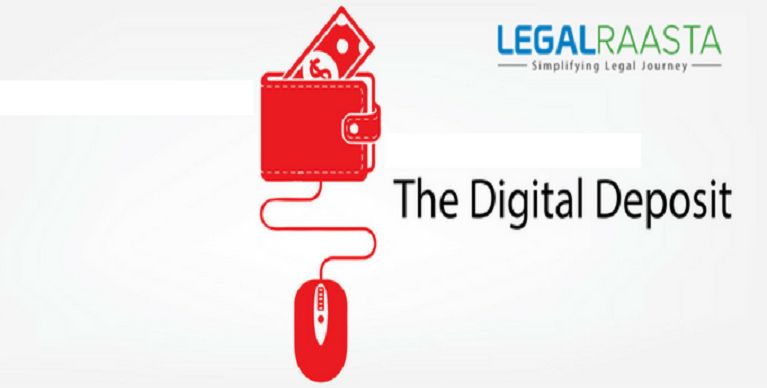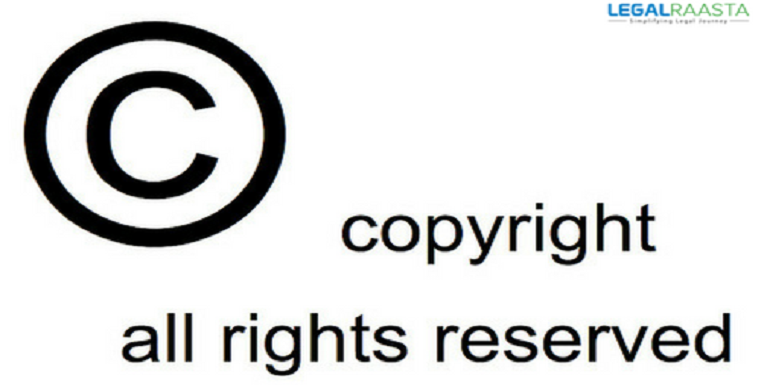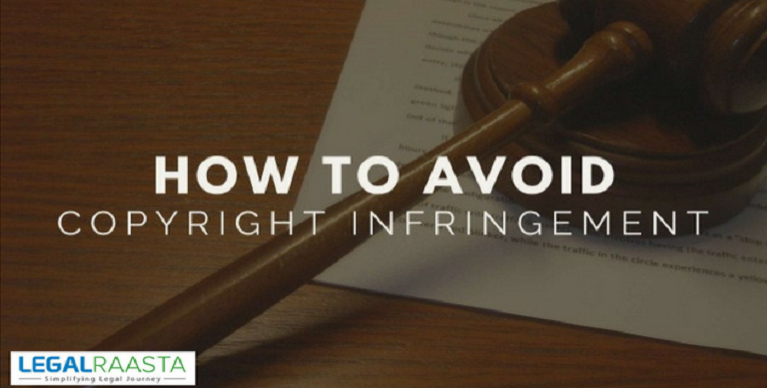How to create copyright for multimedia works & internet resources?
The Indian Constitution provides the legal basis for the grant of copyright protection in India, from the fundamental right to free speech and expression. Further, according to the constitution, the Parliament shall have the power to promote the progress of science and arts, by awarding the rights of exclusivity to authors and inventors for their creation. Copyrights along with patents are the only forms of intellectual property which have a historical basis in the constitution. All other kinds like trademark depend upon the statutory law for their authority. A copyright in its true sense protects an idea. Unlike a patent, which protects the application of the idea rather than the idea itself, a copyright shields the expression itself from its predators. A new invention which has a prototype can be patented, however, the forms of expression like multimedia works, art, drawings, painting, writings etc. are copyrighted.
A copyright comes into existence as soon as the work in the field comes into tangible form as in when a book written by an author is complete, it can be copyrighted or a music composition is done, it can have its copyright. The creator owns the copyright at first, but the copyrights can be transferred in some other person’s name according to the will of the author. As the owner, copyright grants the author exclusive rights to make copies of the work, perform and display his work publically and to distribute it to the public. These exclusive rights last for the life of the author plus 60 years.
For a work to have copyright protection, a work must be original to the author who is claiming the copyright. However, if an author recompiles the original works in such a way that they bear little similarity to the work, even then he can attain a copyright. Thus, it is imperative to note that a copyright does not protect any characteristics or functional features of the work but only the expression of the idea. Thus copyright protects the rights to your intellectual property that might be any form pf expression, be it internet resources or multimedia works.
How to obtain a copyright?
- Determine whether your expression can be protected by a copyright.
As previously said, a copyright can only be obtained if there is a tangible form or expression. It includes literary works, dramatic works, musical works, pictorial, graphics, motion pictures, pantomimes, audiovisual among others. These categories are constructed broadly and what you want a copyright on will be in one of these subcategories. However, there is also a list which contains the materials that are not subjected to a copyright. They include names, titles, short phrases, familiar designs or symbols, ideas, procedures, methods and other such entities. A copyright will also not be allotted to something that is a common property.
- Reduce work to a digital format.
In order to attain a copyright, you will have to submit a soft copy or digital copy of your expression which must be from the above broad categories. This is to be submitted with the application of your copyright application, so make sure you have it prepared before beginning the application. This copy will not be returned so you should have multiple copies at your disposal. In some instances, you may be asked to submit a hard copy and you will have to comply with it. These will become the property of the Indian government.
- Complete the online copyright application
File for the online application as per the digitization process of the Indian government. The fees will be minimal. If you have a company which will be enforcing the copyright, then it should be assigned to the company in the application. Otherwise, it will be assigned to an individual. You should be aware that as and when you file a copyright, it will become a common knowledge on the internet and people can look it up on the web. It will become a public notice. The Copyright office will send you a confirmation mail and then as and when it is completed, you can claim your copyright. If someone tries to discard your copyright claim and publishes something you have a copyright on, you can file a lawsuit against him and ask for the damages.
Forms for filing a copyright on Indian Copyright Office Website. One more thing, if your work is not yet complete and you want to pre-register, in that case, it will not be a form of registration rather an indication of intent to file a copyright. If you need professional help, you may also contact lawyers who specialize in copyrights.

